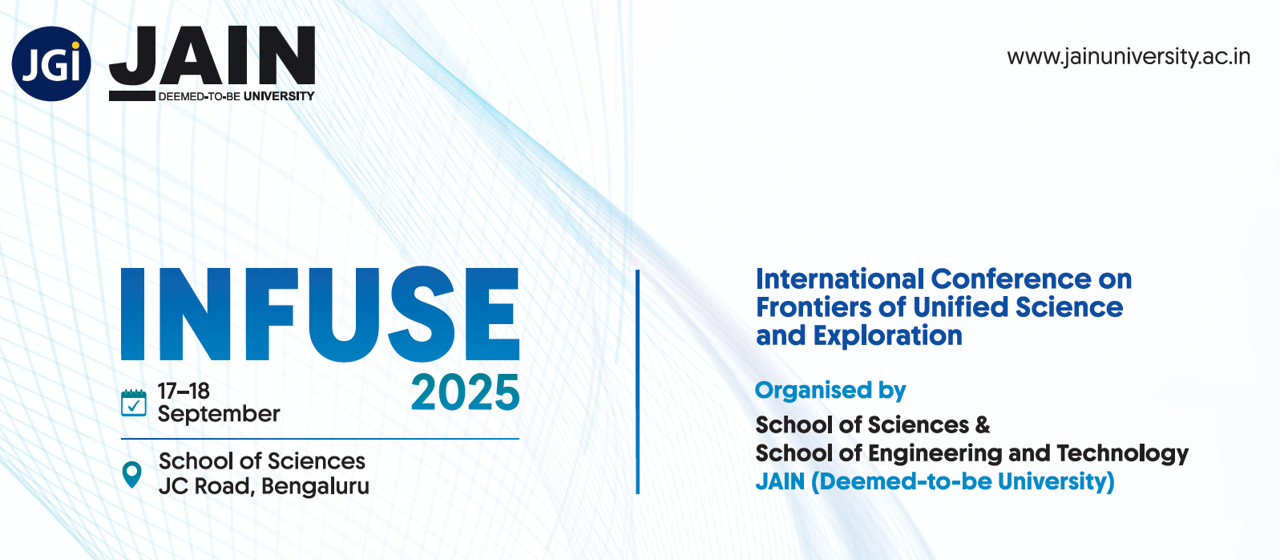Speakers
Description
Abstract:
Sustainable utilization and environmental concerns have become a major challenge in agricultural and domestic wastes. Two most commonly cultivated plantation crops worldwide in tropical region belonging to Arecaceae family are Coconut and Arecanut. About 40% of coconut husk and 65-80 % of arecanut constitute to the agrarian waste. The lignocelluloses fibres present in these husks are exploited for the production of papers, biofuels and bioadsorbents. The husks of coconut and arecanut are an excellent source of numerous bioactive components like phenols, alkaloids, flavonoids, reducing sugars, tannins etc. The present research work focuses on the methanolic soxhlet extraction of the bioactive components of coconut and arecanut husks. Qualitative analysis of both the bioactive components showed the presence of various secondary metabolites. The bioactive components were screened for antimicrobial properties using disc diffusion method and minimum inhibitory concentration using both gram positive and gram negative bacteria. We also elucidated the antioxidant and anti inflammatory properties of coconut and areca nut husks by DPPH and Protein Denaturation Assays. The findings highlight the bioactive potential of these two husks and their antimicrobial, antioxidant and anti inflammatory properties encouraging its application in medical field. The work highlights the potential of valorizing material in alignment with sustainability and waste management to promote circular economy.
Key words: Coconut, Arecanut, Sustainability, Bioactive compounds, Antimicrobial, Antioxidant

